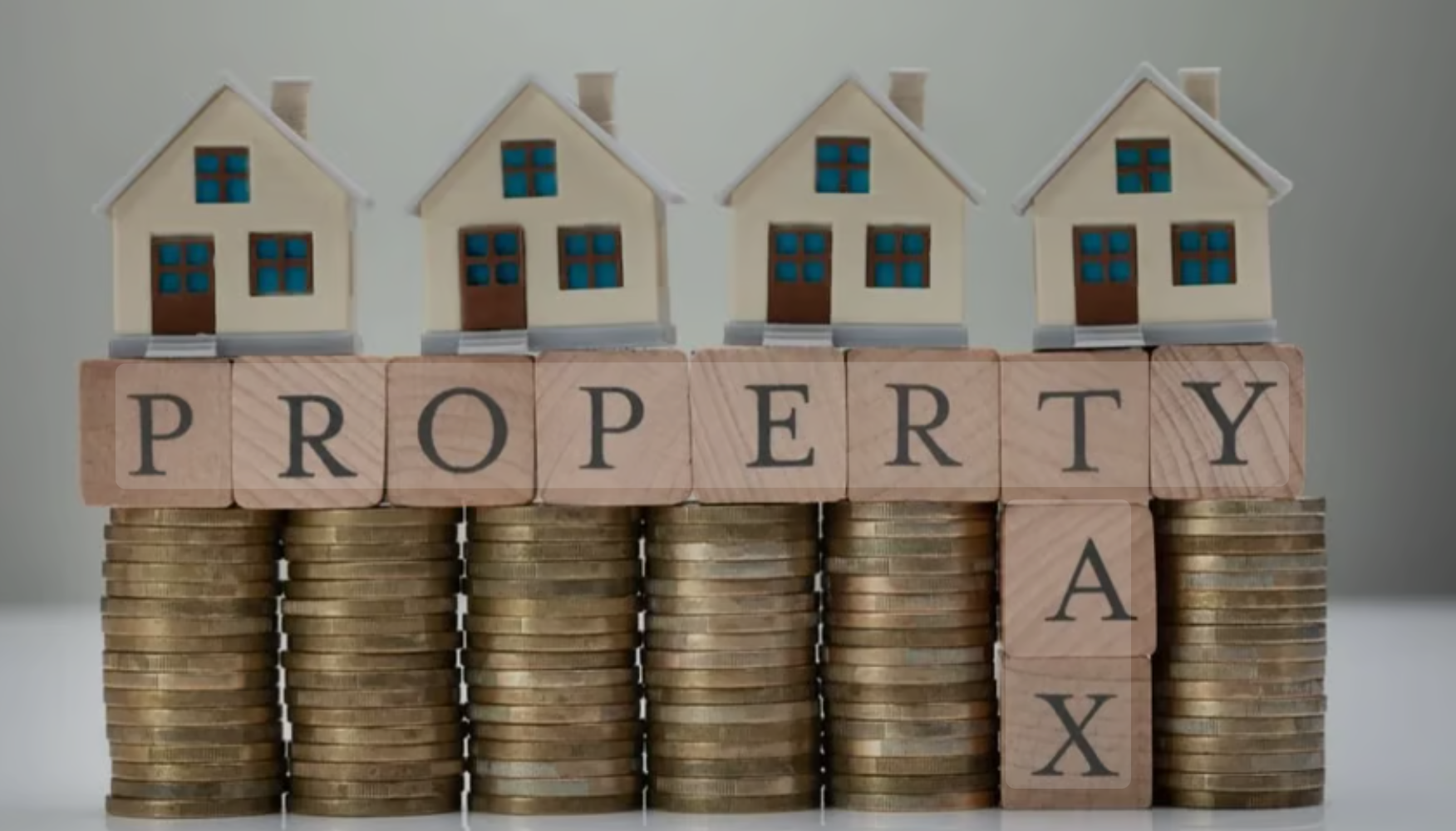Understanding Property Taxes and Assessments in 2025
https://buymeacoffee.com/kaysogy/understanding-property-taxes-assessments-2025
 When purchasing or investing in real estate, understanding property taxes and assessments is just as important as selecting the right location or financing option. In 2025, as technology and real estate markets evolve, so do the methods by which properties are evaluated and taxed. Whether you're a seasoned investor or a first-time homebuyer, gaining clarity on how these factors affect your bottom line is crucial.
When purchasing or investing in real estate, understanding property taxes and assessments is just as important as selecting the right location or financing option. In 2025, as technology and real estate markets evolve, so do the methods by which properties are evaluated and taxed. Whether you're a seasoned investor or a first-time homebuyer, gaining clarity on how these factors affect your bottom line is crucial.
What Are Property Taxes: Property taxes are annual taxes levied by local governments based on the assessed value of a property. These funds typically support essential community services such as schools, road maintenance, emergency services, and public parks. In 2025, municipalities will increasingly rely on cloud-based real estate solutions and property valuation tools to assess properties more accurately and efficiently. These technologies enhance transparency and ensure fairer tax rates by considering a wide range of data points.
What Is a Property Assessment: A property assessment is the process of determining a property's value for taxation purposes. This is not the same as a market appraisal, although they are related. Assessments are conducted by local tax assessors and may occur annually or at set intervals, depending on local regulations.
Digital property management systems now allow property owners to access their assessments, appeal decisions, and track changes in value over time more easily than ever before.
How Property Taxes Are Calculated: The basic formula for calculating property tax is:
Assessed Value × Tax Rate = Property Tax
However, this process can become complex due to:
Homestead exemptions
Special assessments
Local and state tax regulations
In some areas, smart technologies help governments automate assessments and billing, which improves accuracy and reduces disputes.
Trends Affecting Property Taxes in 2025
1. Smart Home Technology: Homes equipped with smart home technology, such as automated lighting, climate control, and security systems, may see higher assessed values due to their enhanced features. While these upgrades add convenience, they can also increase tax obligations.
2. Sustainable Real Estate Features: Adding eco-friendly features such as solar panels or green roofs can affect property assessments. However, many local governments offer tax incentives for sustainable real estate investments, helping offset the upfront cost of environmentally conscious upgrades.
3. Neighborhood Development: Rising property values in gentrifying or revitalized areas can lead to higher assessments. Access to neighborhood guides and historical tax data can help investors predict future tax increases and budget accordingly.
4. Real Estate Automation and Data: With the rise of real estate automation, assessments are more data-driven than ever before. Governments use AI-powered analytics and property valuation tools to assess homes based on trends, recent sales, and even satellite imagery.
Property Tax Considerations for Real Estate Investors: For those exploring property investment strategies, it’s essential to account for tax implications:
Rental property management: Property taxes are a recurring cost that impacts your rental income and ROI.
Remote property inspections: These help investors monitor properties in high-tax jurisdictions to ensure assessments are accurate.
Online property listings: These often include estimated property taxes, offering valuable insight into recurring costs when evaluating a new investment.
How to Reduce Your Property Tax Burden: Here are some tips to keep your tax obligations manageable:
Review your assessment: Errors happen. Review and appeal if your property's assessed value is too high.
Apply for exemptions: Many jurisdictions offer exemptions for veterans, seniors, and primary residences.
Keep improvements modest: Significant renovations or additions may lead to a reassessment.
Use tax forecasting tools: Leverage real estate mobile apps and financial software to estimate your future tax burden.
Consult local professionals: A real estate agent or tax consultant familiar with local laws can help you plan effectively.
The Future of Property Taxation
As digital property management and cloud-based real estate solutions become standard, expect even more transparency and automation in property assessments. Governments will continue leveraging real estate automation and AI to make property tax systems more efficient. Meanwhile, property owners will benefit from enhanced access to tax data, online portals for appeals, and predictive tools that help plan for future increases.
Conclusion: Understanding property taxes and assessments in 2025 is vital to making informed decisions, whether you're purchasing your first home or managing multiple rental properties. With evolving technologies like property valuation tools, real estate mobile apps, and smart home technology, the landscape of real estate taxation is changing rapidly. By staying informed and leveraging digital tools, you can manage your tax obligations more effectively and protect your investment for the long haul.
Comments
Post a Comment